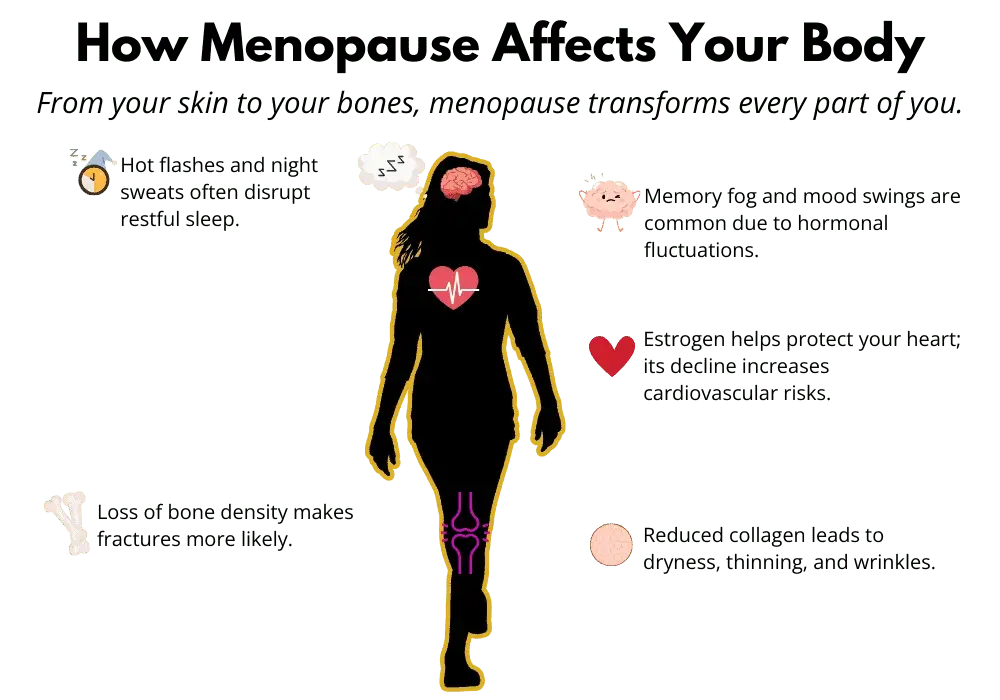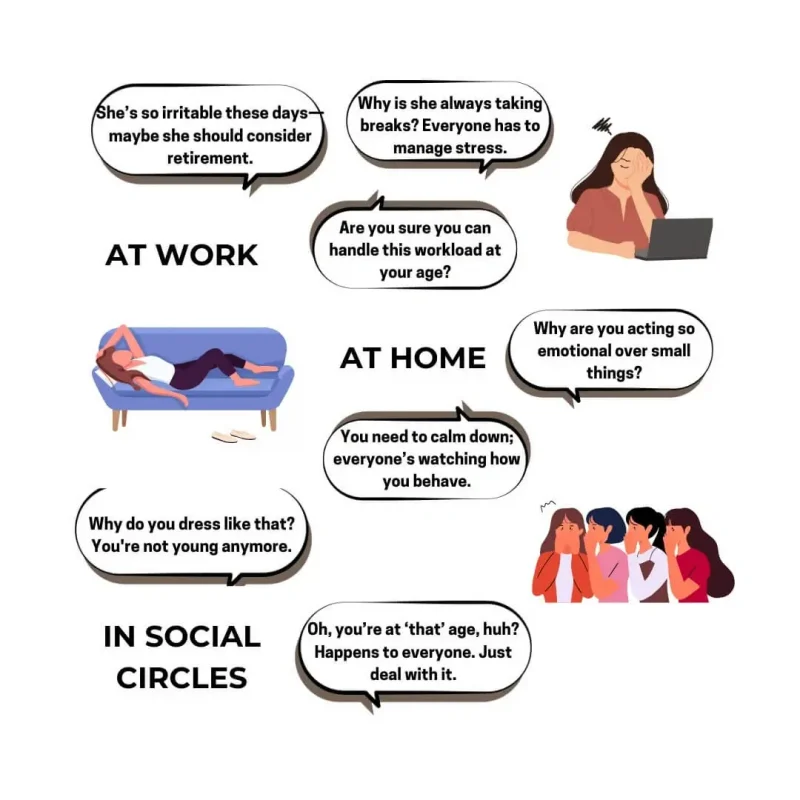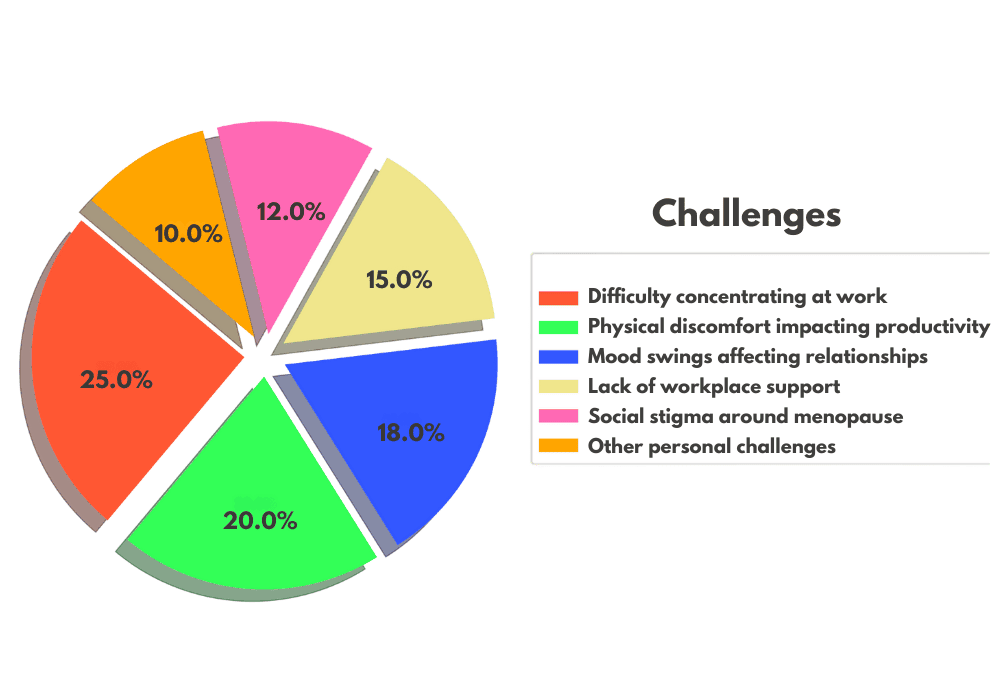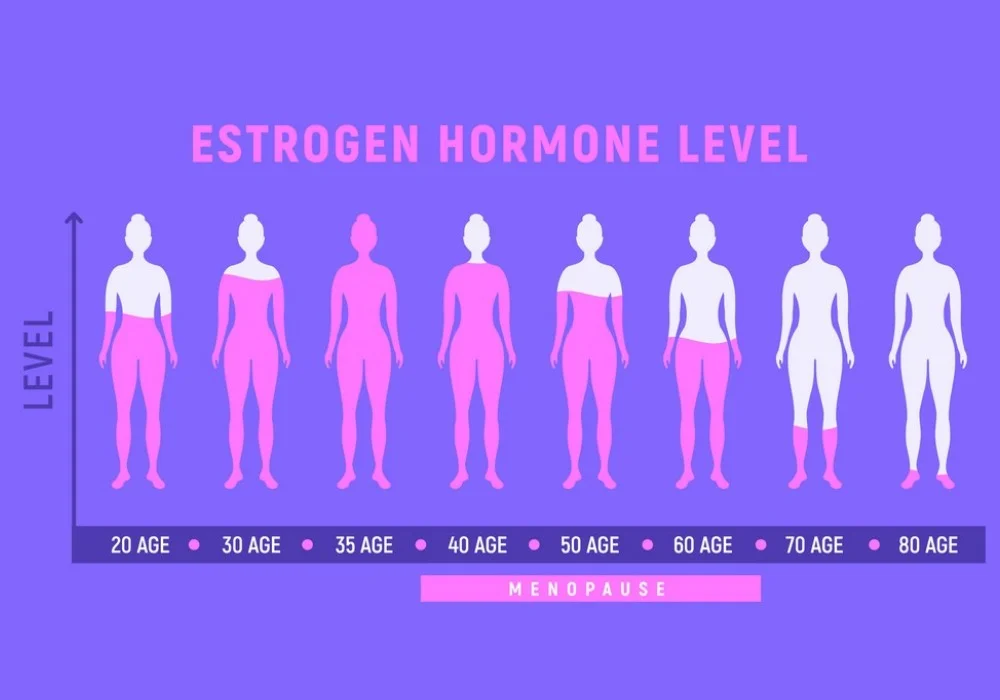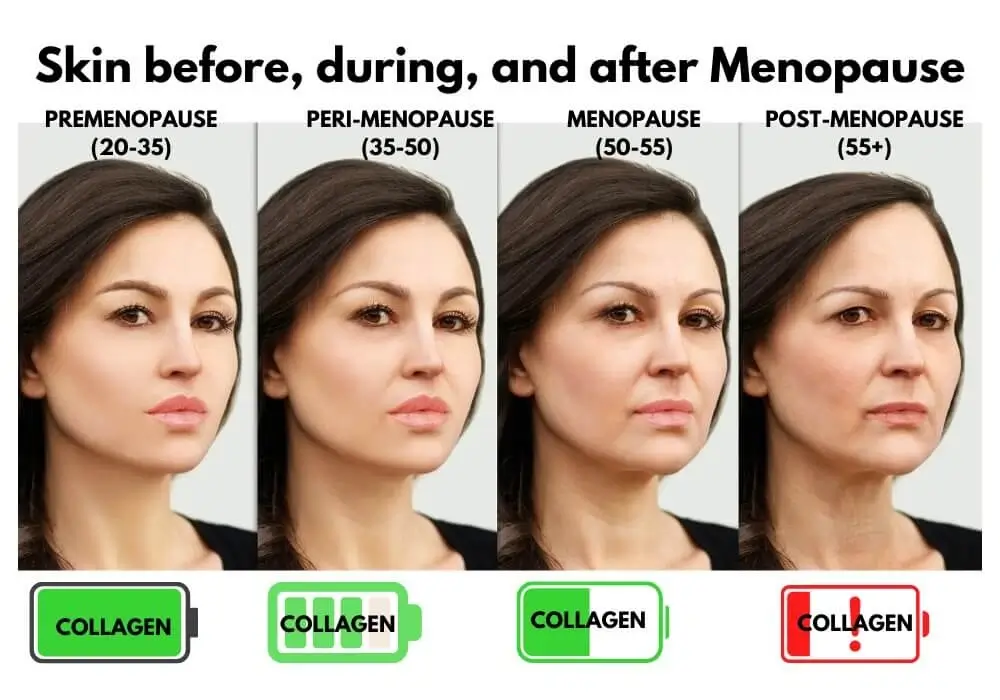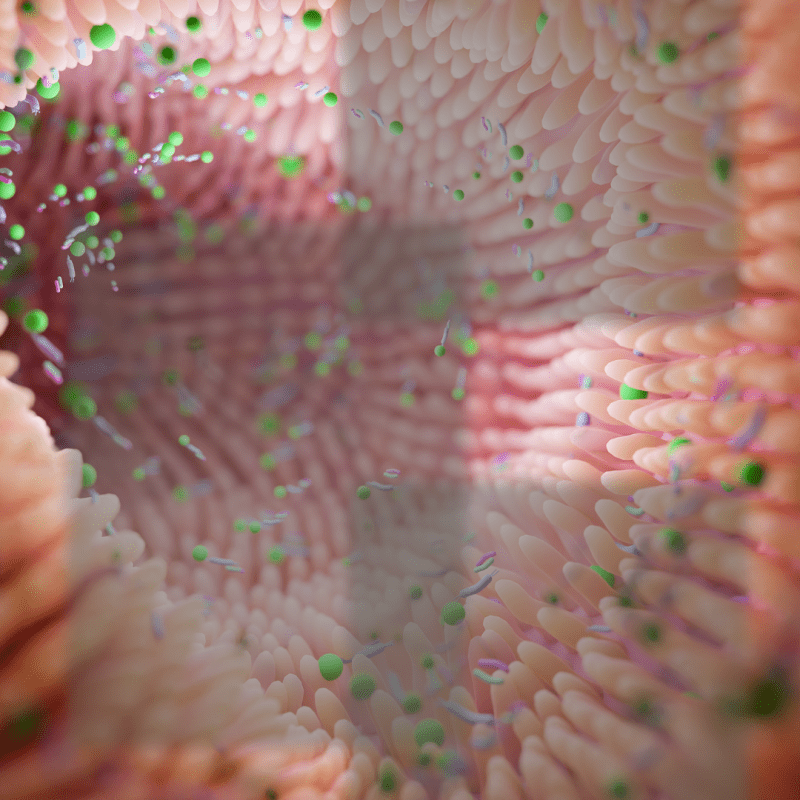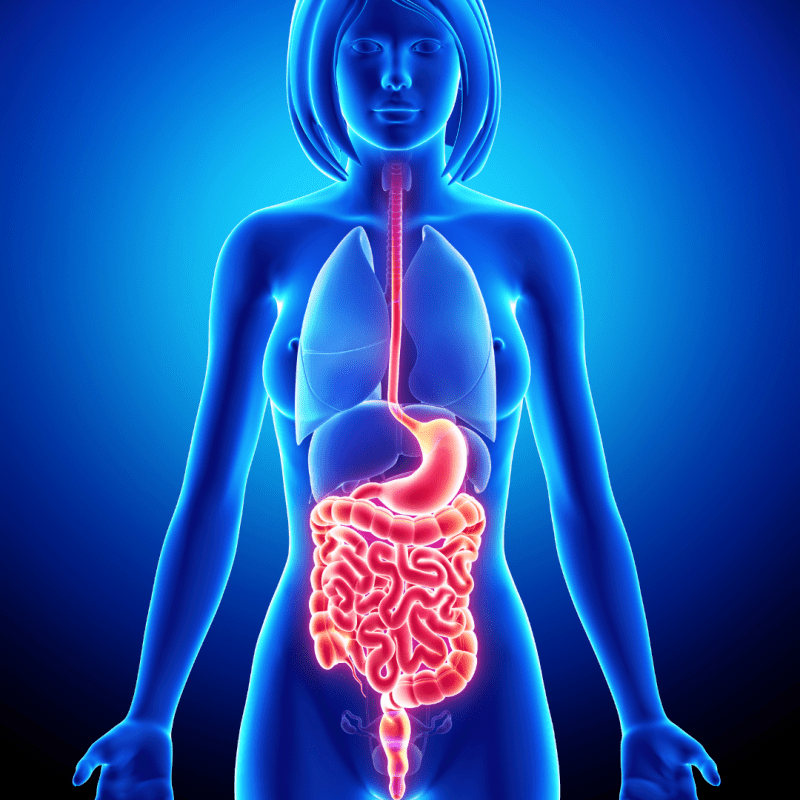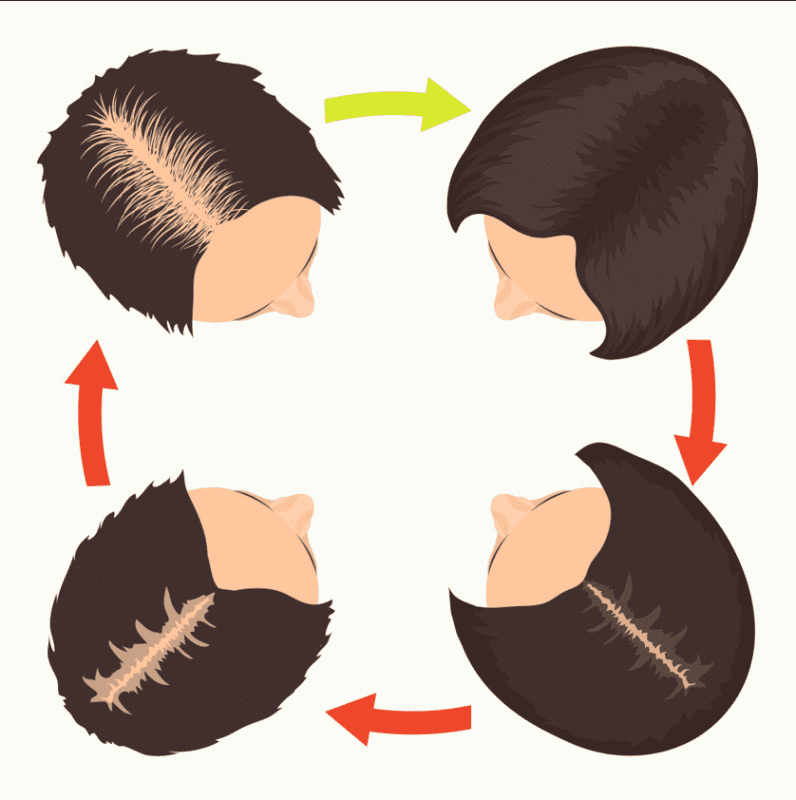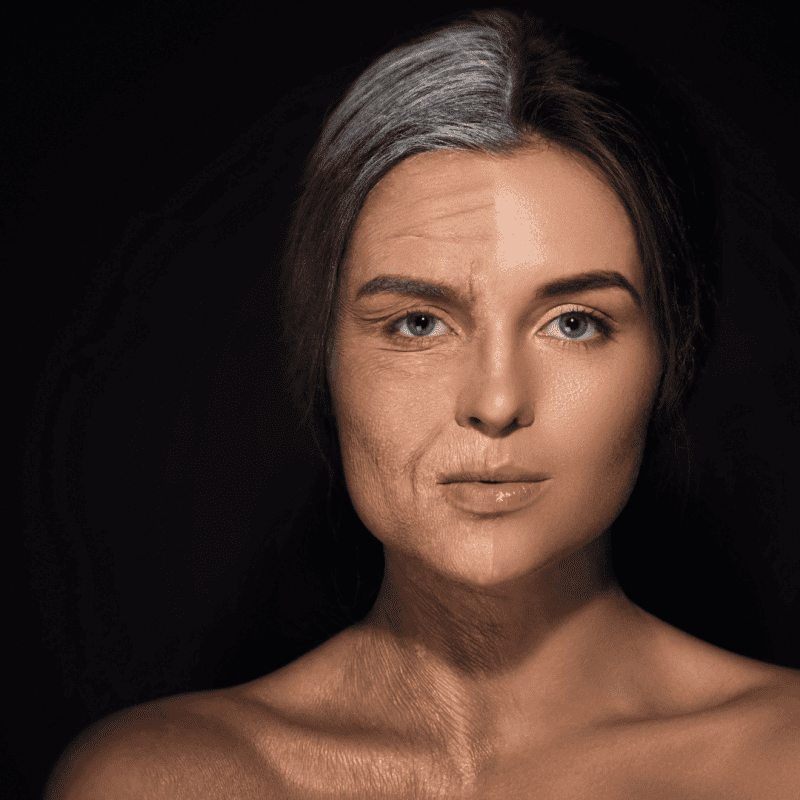Can You Get Pregnant in Perimenopause?

Perimenopause is a transitional stage in a woman’s life that occurs before menopause. This phase, marked by fluctuating hormone levels, often starts in the mid- to late 40s but can begin as early as the 30s or as late as the 50s. With irregular periods and other symptoms, many women wonder if pregnancy is still possible during this time. The answer is yes—though less likely, it is still possible to conceive during perimenopause.
What is Perimenopause?
Perimenopause usually lasts about 4 to 10 years and ends a year after your last period—the official beginning of menopause. Common symptoms include:
• Changes in periods: Less frequent or more frequent periods, heavy bleeding, or spotting.
• Hot flashes: Experienced by about 75% of women.
• Night sweats: Hot flashes occurring at night.
• Trouble sleeping: Affecting around 40% of women.
• Vaginal dryness: Often leading to discomfort during sexual intercourse.
• Mood changes: Including irritability and depression.
Chances of Getting Pregnant During Perimenopause
As long as you’re occasionally ovulating and having periods, pregnancy is possible. Several factors influence the likelihood:
- Age: Fertility peaks in the early 30s and begins to decline thereafter. By age 45, natural conception is rare.
- Hormone levels: Anti-mullerian hormone (AMH) and estrogen decrease, while follicle-stimulating hormone (FSH) increases during perimenopause, reducing fertility.
- Stage of perimenopause: Pregnancy is more likely in the early stages than the later ones.
- Health conditions: Issues like endometriosis or ovarian surgeries can lower fertility further.
- Fertility treatments: Assisted reproductive technology (ART), such as in vitro fertilization (IVF), can increase the chances of conception.
Fertility Statistics
- At age 30, the chance of getting pregnant naturally within a year is about 75%.
- By age 35, it drops to 66%.
- At age 40, it is 44%.
- By age 45, natural conception is rare but not impossible.
The use of donor eggs can significantly increase the success rate of ART, with about 51% of cycles resulting in live births regardless of age.
Signs of Pregnancy vs. Perimenopause
Pregnancy and perimenopause share many symptoms, such as:
- Missed periods
- Fatigue
- Mood changes
- Sleep disturbances
However, pregnancy-specific symptoms include nausea, breast fullness, and increased vaginal discharge. Perimenopause, on the other hand, is more likely to cause hot flashes and vaginal dryness. A pregnancy test, either over-the-counter or through a healthcare provider, is the most reliable way to confirm pregnancy.
Risks of Pregnancy in Perimenopause
Pregnancy during perimenopause is considered high-risk due to:
- Increased likelihood of miscarriage
- Ectopic pregnancy
- Gestational diabetes
- High blood pressure
- Preterm labor
- Chromosomal abnormalities in the baby
Close monitoring by a healthcare provider is essential to ensure a healthy pregnancy.
Boosting Fertility During Perimenopause
If you’re trying to conceive during perimenopause, consider these tips:
- Diet: Eat foods rich in whole grains, fruits, and unsaturated fats.
- Supplements: Coenzyme Q10, omega-3 fatty acids, and vitamins like folic acid, selenium, and vitamin D may help.
- Acupuncture: Some studies suggest acupuncture can improve fertility.
- Exercise: Regular, moderate exercise can enhance fertility, but avoid over-exercising.
- Fertility treatments: Consult a specialist about options like IVF.
Conclusion
While perimenopause marks a decline in fertility, pregnancy is still possible until menopause is officially reached (12 months without a period). Understanding your body’s changes and consulting with a healthcare provider can help you make informed decisions about family planning during this stage.

